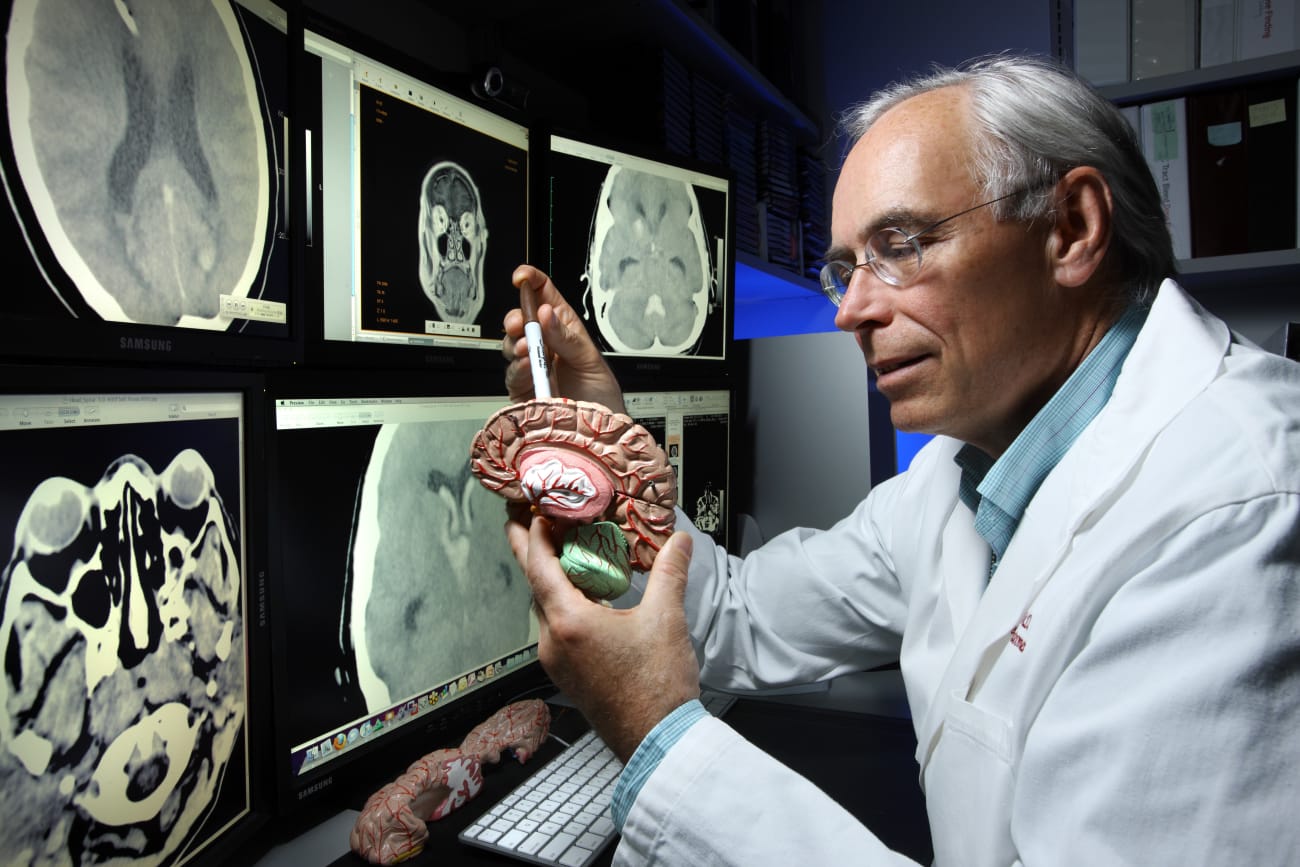
Clinical trials are an incredible vehicle for introducing innovation in pharmaceuticals, medical devices and technology. However, they’re also notoriously inefficient, with multiple factors slowing progress from the bench to the bedside and increasing costs.
A decade ago, the Institute of Medicine convened a public workshop titled “Transforming Clinical Research in the United States,” which focused on identifying challenges in planning and implementing trials and developing strategies to improve efficiency. Seven years later, that discussion resulted in the formation of the Trial Innovation Network, an initiative sponsored by the National Center for Advancing Translational Sciences (NCATS) and led by five institutions tasked with helping researchers overcome such hurdles, saving time and money in the process.
As leaders in NIH funding and two of just 65 institutions that have received coveted Clinical and Translational Science Awards (CTSAs) — a program run by NCATS to speed translation of research discovery into improved patient care — The Johns Hopkins University and Tufts University were natural choices to be part of this network, says Johns Hopkins neurologist Daniel Hanley. In 2016, he became one of three principal investigators (PIs) to lead the Johns Hopkins-Tufts Trial Innovation Center.
The center, which recently received a new $8 million grant from NCATS, helps PIs from CTSA institutions develop protocols, enhance study operations and improve recruitment and retention. “The program is specialty and disease agnostic,” explains Hanley, “helping researchers with trials covering any conceivable area or illness.”
Although the center’s work extends to institutions across the country, he says, it’s assisted several researchers within Johns Hopkins. For example, the center recently assisted physician-researchers Ellen Mowry and Scott Newsome with their TREAT-MS trial, a multicenter study of multiple sclerosis that aims to understand whether an “early aggressive” therapy approach, versus starting with a traditional, first-line therapy, influences the intermediate-term risk of disability. The trial’s 44 sites presented a site activation challenge, with unique legal requirements in their different states, different levels of trained staff at each medical center and the need to execute contracts at each site for participating researchers. The center helped develop a path to work through these challenges, including establishing weekly and monthly goals for each institution to complete.
They also helped Johns Hopkins pediatric surgeon Eric Jelin plan a study that was recently submitted to the National Institute of Child Health and Human Development to test a novel fetal therapy for a condition in which the fetus is absent amniotic fluid — previously considered universally fatal. The center helped him establish a consortium to implement the procedure in a standardized manner, a must for producing comparable results.
For Hanley, a veteran researcher who’s been continuously funded for more than 35 years and won more than 60 National Institutes of Health grants, the center represents an unprecedented and invaluable tool that has the power to transform clinical trials in the U.S.
“When I started my own multisite clinical trial work, there were no resources like this, so I had to build up expertise in patient recruitment, ethical approval and FDA protocols over the years,” Hanley says. “Now we have the ability to provide clinical trial researchers a team to solve these problems with them.”



